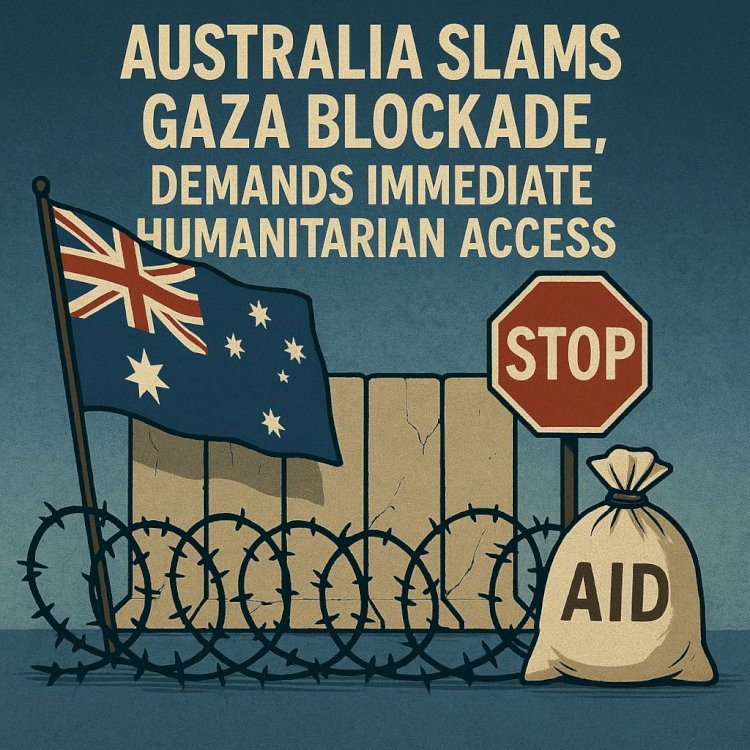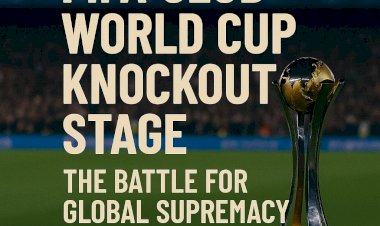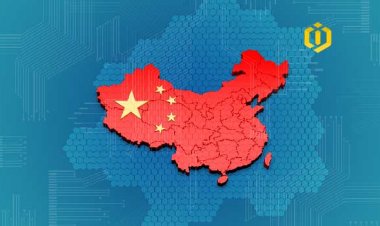Australia Slams Gaza Blockade, Demands Immediate Humanitarian Access

July 27, 2025
Australia has issued its clearest and most forceful rebuke of Israel’s blockade on Gaza to date, aligning itself with a growing international chorus calling for urgent humanitarian relief and an end to civilian suffering in the war-torn enclave.
Mounting Death Toll Prompts Diplomatic Shift
In recent days, reports of widespread starvation and more than 1,100 deaths linked to lack of aid have triggered global alarm. Responding to these conditions, Australia joined 27 other nations in a joint statement urging Israel to lift restrictions on humanitarian deliveries and to cease military operations that have obstructed access to food, water, and medicine.
Foreign Minister Penny Wong called the situation “morally unacceptable” and condemned the “trickle” of assistance allowed into Gaza as woefully insufficient.
Albanese Speaks Out: ‘Completely Unacceptable’
Prime Minister Anthony Albanese broke his government’s weeks-long diplomatic caution with a direct denunciation of the blockade. In public remarks and direct communications with Israeli leaders, Albanese described the humanitarian restrictions as “untenable” and a violation of international law.
He emphasized Australia’s expectation that international legal obligations be respected by all parties and demanded immediate, unfettered access for humanitarian organizations.
Australian Activists Intercepted at Sea
On July 27, an Israeli naval unit intercepted the Handala, a vessel attempting to deliver humanitarian supplies to Gaza. On board were two Australian citizens—activist Robert Martin and registered nurse Tan Safi—who were detained and later confirmed to be safe.
The incident drew further attention to the blockade’s impact not only on Gaza but on international civil society. The Australian government is providing consular assistance and has expressed concern over the treatment of peaceful humanitarian missions.
Humanitarian Corridors Fall Short
While Israel has recently introduced brief daily windows for aid convoys to move into northern Gaza, international relief agencies report these efforts are insufficient to meet the population’s needs. Food insecurity is rising, with UN sources warning of a looming famine.
Aid organizations continue to face logistical obstacles, security concerns, and restrictions on the movement of personnel and supplies. Australia has pledged continued support for UN relief operations and is evaluating further aid commitments.
Domestic Political Pressure Intensifies
The Albanese government is also facing growing internal and public pressure to take a firmer stance. Lawmakers from the Greens and some members of the Labor caucus are calling for targeted sanctions against Israeli officials, increased humanitarian funding, and formal recognition of a Palestinian state.
Thousands have participated in nationwide protests demanding stronger action. Although the government has not shifted its formal recognition policy, the Prime Minister has signaled openness to further debate within the party.
A Harder Line on the Global Stage
Australia’s latest actions suggest a hardening foreign policy position—one that favors clear public accountability over quiet diplomacy. While Canberra continues to affirm Israel’s right to self-defense, officials have made clear that human rights violations and mass civilian suffering are incompatible with that right.
The government’s approach may mark the beginning of a broader recalibration in Australia’s Middle East policy, aligning more closely with European and UN positions on the urgency of humanitarian access and ceasefire negotiations.
Looking Ahead
As the situation in Gaza continues to deteriorate, Australia’s role in shaping international consensus will likely grow. Whether current rhetoric leads to tangible shifts in foreign policy—such as sanctions, expanded aid operations, or diplomatic recognition—will be closely watched in the days ahead.
For now, Australia has made its position unmistakably clear: the blockade must end, and aid must flow.

 content-team
content-team 


















